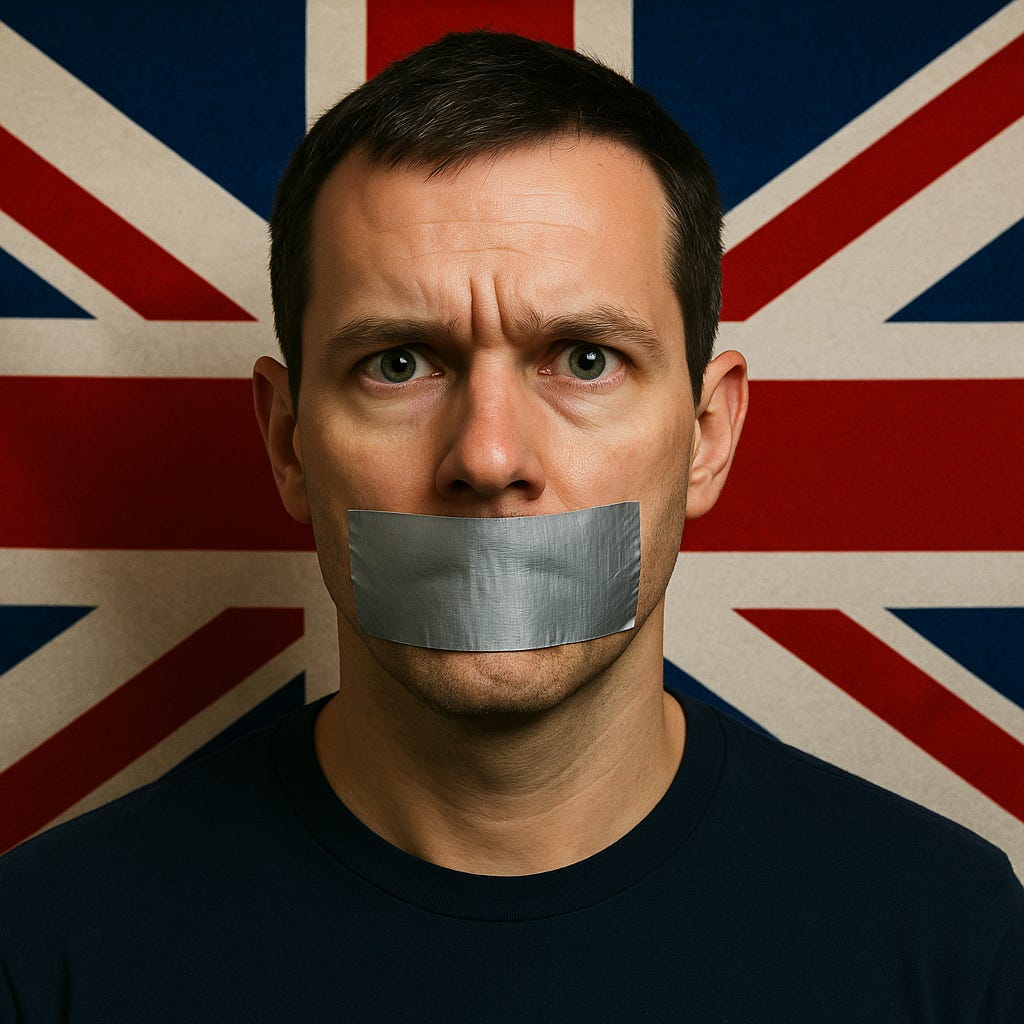The numbers are raw and undeniable: 12,183 arrests in England and Wales in 2023 for online posts that caused “annoyance” or “anxiety.” That’s more than thirty arrests every single day. Not for bombs, not for bank jobs—just for words. According to The Times, the police are now in the business of refereeing the internet, and the whistle blows if someone’s feelings get hurt.
The statutes behind this—Section 127 of the Communications Act 2003 and Section 1 of the Malicious Communications Act 1988—were once meant to deal with real threats. Today, they’ve ballooned into nets so wide they catch satire, sarcasm, and petty disputes. Civil-liberties group Big Brother Watch calls it a colossal waste of time. Convictions land under 10 percent, which means thousands of people are dragged into custody only to have their cases collapse. Arrest first, drop later.
When Comedy Becomes Contraband
On September 1, 2025, five armed officers intercepted comedy writer Graham Linehan at Heathrow Airport. Not because he was smuggling contraband or plotting violence. Because of three tweets. He was hauled off like a terrorist, hospitalized from the stress, and released on bail with a gag order. The world took notice. JK Rowling and Elon Musk denounced the arrest as authoritarian overreach. They had a point: when comedians are arrested for their jokes, the country’s punchline writes itself.
Even Metropolitan Police Commissioner Sir Mark Rowley is fed up. He’s asked Parliament to rewrite the law so officers no longer have to comb Twitter looking for snark to criminalize. When the nation’s top cop is telling lawmakers to stop forcing his force to babysit the internet, the message is clear: the system is broken.
America’s Firewall Against This
Across the Atlantic, the First Amendment functions like a steel barricade. It was born out of Britain’s own history of censorship, when printers like John Peter Zenger were hauled into court in 1735 for daring to criticize a governor. His acquittal laid the groundwork for America’s uncompromising line: “Congress shall make no law… abridging the freedom of speech.”
That’s why in the U.S., you can be offensive, foolish, or sharp-tongued and remain free. Unless your words directly incite imminent violence, you don’t get arrested. Britain, on the other hand, wrote its laws with softer edges, and those edges have cut deep. Today, they slice into comedians, writers, and ordinary citizens.
The Warning in the Numbers
Twelve thousand arrests in one year for words is not a justice system—it’s a cautionary tale. Every collapsed prosecution leaves behind someone who already endured handcuffs, humiliation, and fear. That’s how speech policing works: the process is the punishment.
Until Parliament reins in these laws, Britain will remain a living warning of what happens when a democracy confuses offense with crime and deputizes police officers to decide who is allowed to speak.
